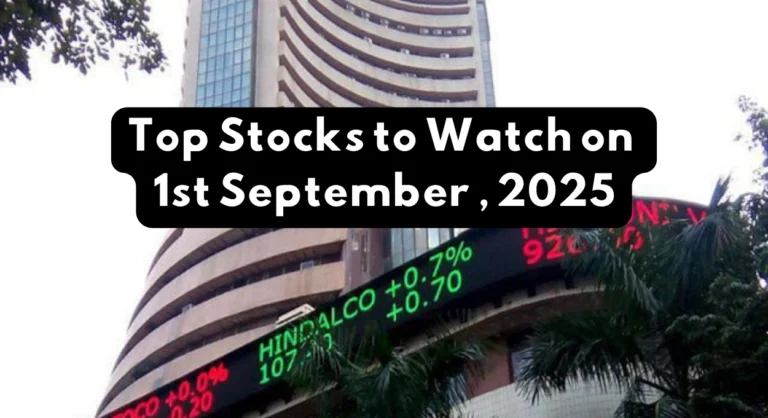Post-Budget Market Triggers: What to Expect Next Week
The Indian stock market closed January on a negative note, with benchmark indices NIFTY50 and SENSEX declining by 3%. This downturn was influenced by multiple factors, including aggressive foreign institutional investor (FII) selling, lacklustre corporate earnings, global trade tensions, and concerns over economic growth. However, the Union Budget emerged as a critical event, providing a much-needed push to consumption by easing the tax burden on individuals.
Pre-Budget Recovery & Market Performance
In the days leading up to the budget announcement, the market witnessed a strong rebound from its recent lows. The NIFTY50 and SENSEX saw a sharp 3% recovery, while broader indices posted an even stronger 5% recovery. Despite this short-term bounce, Indian equities remained among the worst-performing global markets, marking a 3% decline for the month—making them the second-most declining markets worldwide.
As the market moves into February, several key events will shape investor sentiment and market direction:
1. RBI Monetary Policy: A Crucial Trigger
The Reserve Bank of India (RBI) will conduct its bi-monthly monetary policy meeting from February 5–7, marking the first policy announcement under the new RBI governor. Market analysts anticipate a potential rate cut to stimulate economic growth while keeping inflation in check. To address liquidity concerns, the RBI recently introduced three significant measures:
- Open Market Operations (OMOs): ₹60,000 crore infusion
- Variable Repo Auctions: ₹50,000 crore to improve liquidity
- Currency Swap Purchases: Strengthening forex reserves and liquidity position
A pro-growth stance by the central bank could provide a boost to the markets and economic activity.
Also Read :- https://ipofront.in/hm-electro-mech-lists-8-percent-premium/
2. Global Market Trends: Mixed Signals
International markets wrapped up the previous week mostly in the red, with major US and Asian indices down by nearly 1%. Investors globally are responding to:
- Concerns over Chinese AI startup DeepSeek’s growing influence
- New US trade tariffs affecting North American and Chinese markets
- Potential geopolitical tensions and economic policy shifts
With these external uncertainties, Indian markets may experience heightened volatility in the coming weeks.
3. Escalating Tariff War: Market Caution Ahead
The trade conflict between the US, Canada, Mexico, and China has intensified. Over the weekend, the Trump administration imposed new tariffs:
- 25% tariffs on Canadian and Mexican imports
- 10% tariffs on Chinese imports
In retaliation, Canada levied 25% tariffs on $155 billion worth of US goods. These developments could impact global trade flows, affecting Indian markets as investors adopt a risk-averse stance.
Also Read :- https://ipofront.in/cln-energy-bse-sme-listing/
4. FII Selling Pressure Continues
January saw a significant FII outflow, with foreign investors offloading nearly ₹87,000 crore worth of equities in secondary markets. Moreover, FIIs continue to hold substantial short positions in the derivatives market, suggesting cautious sentiment despite recent market recoveries. On the other hand, domestic institutional investors (DIIs) have stepped in to absorb some selling pressure, providing partial stability.
5. Consumer-Focused Sectors to Shine
Following key announcements in the Union Budget, specific sectors are set to gain traction:
- Consumer Durables & FMCG: Increased disposable income is expected to boost spending on essential and luxury goods.
- Auto Sector: Potential demand revival as consumer confidence improves.
- Realty Stocks: Higher liquidity and increased affordability could drive property investments.
The extension of the tax exemption limit from ₹7 lakh to ₹12 lakh is projected to inject an additional ₹1 lakh crore into consumers’ hands. This policy move could significantly uplift consumption demand, benefiting companies in the consumer-oriented space.
Final Thoughts
The Indian stock market faces a mix of challenges and opportunities in the coming month. While global uncertainties and FII outflows remain key risks, the RBI’s policy stance, budget-driven consumption boost, and sectoral resilience could provide much-needed support. Investors should stay vigilant, track economic policies, and align their portfolios with emerging opportunities.
As we step into February, market participants must brace for potential volatility while keeping an eye on the unfolding economic landscape.







